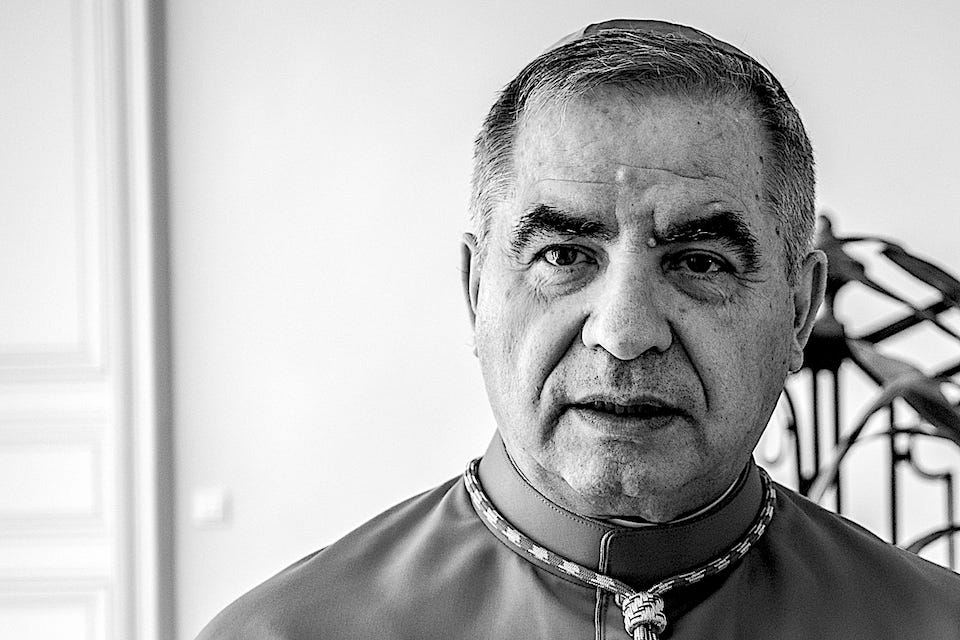Becciu can't vote in conclave, says Vatican's cardinal list
News: Vatican, Cardinal Angelo Becciu
Although Cardinal Angelo Becciu is attending the Vatican consistory of cardinals that opened on Saturday, he remains excluded from participating in a future conclave, according to an official Vatican list of the College of the Cardinals.
In a statistical overview of the College of Cardinals, up…

